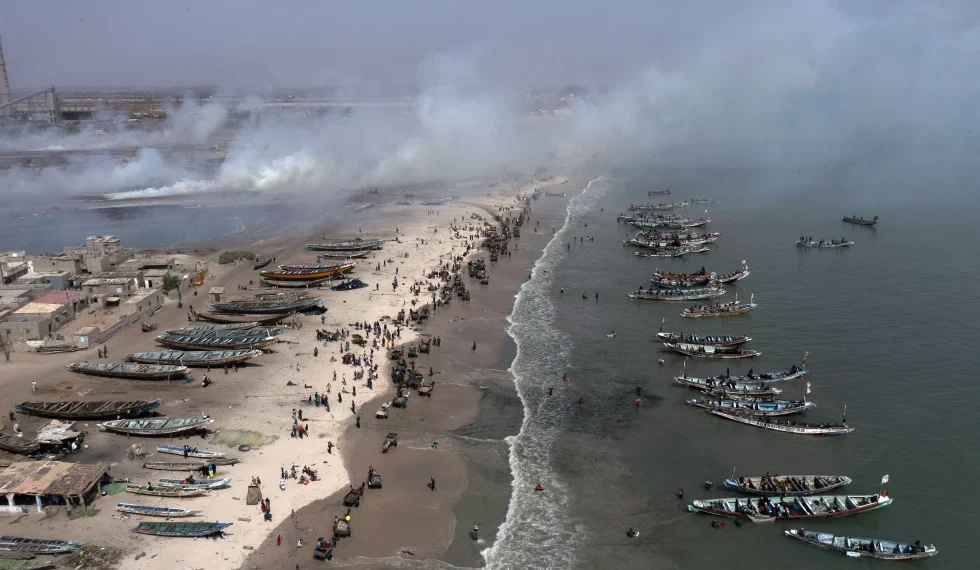The European Union announced it will not renew its fishing agreement with Senegal, pointing to significant deficiencies in the West African nation’s monitoring of illegal fishing.
The deal, first signed in 2019 and expiring on November 17, 2024, permitted European vessels, primarily from Spain and France, to fish in Senegalese waters, catching tuna and black hake.
The EU’s decision follows its designation of Senegal as a “non-cooperating country” in combating illegal fishing, highlighting “failures in monitoring, control, and surveillance systems.”
The EU’s statement confirmed that “awaiting encouraging developments, the agreement between the EU and Senegal will not be renewed.” This means European vessels will soon exit Senegalese waters, and the country will no longer receive the financial contributions associated with the agreement.
Economic Dependence Meets Local Outcry
The news is likely to deepen concerns in Senegal, where fishing is a vital economic lifeline. According to the U.S. Agency for International Development, the sector employs one in six people.
However, many local fishermen have long argued that foreign industrial trawlers have worsened overfishing, severely depleting fish stocks and making it difficult for them to sustain their livelihoods.
Despite these local grievances, the EU maintains that its impact on overfishing has been minimal. It claims European vessels’ catches represented less than 1% of total annual catches in Senegalese waters over the past five years.
Nonetheless, the perception among many Senegalese remains that foreign industrial fishing has played a significant role in straining marine resources.
Audit Promised, Answers Awaited
President Bassirou Diomaye Faye, who took office in March, made renegotiating the fishing deal a key campaign promise. In May, he ordered an audit of the EU-Senegal fishing agreement to assess its impact.

However, the results of this review have not been made public, leaving questions about how future agreements might be structured or whether Senegal can strengthen its fisheries management without EU support.
The agreement, part of a longstanding framework initiated in 1980, brought Senegal approximately €1.7 million annually. This sum included €900,000 specifically aimed at enhancing fisheries governance and promoting sustainable practices.
Fees charged to European vessels included €80 per ton for tuna seiners and €75 per ton for longliners, with a total allowable annual catch of 10,000 tons for tuna and 1,750 tons for black hake.
A Crossroads for Sustainability and Economy
For some, the EU’s decision is seen as a necessary move to protect the region’s depleted fish stocks and strengthen local fishing practices. Environmental advocates argue that halting the agreement provides Senegal an opportunity to reclaim control over its resources and prioritize sustainability.
However, the financial loss raises immediate concerns. Without EU contributions, there is uncertainty over how the Senegalese government will fund essential fisheries management and conservation efforts.
While the EU’s statement pointed to regulatory shortcomings, critics argue that real change will require not only external partnerships but also stronger national policies. Senegal would decide how to build a sustainable fishing industry that benefits local communities while protecting its marine ecosystems.
A fisherman from the coastal city of Saint-Louis captured local sentiments: “The industrial fleets have been depleting our waters for over a decade. Now that the EU is leaving, we hope for a better chance at rebuilding.”
As such, the expiration of the EU-Senegal fishing agreement marks a turning point, with potential implications for both the economy and the environment. Whether this move will spark meaningful reform or further strain the sector remains to be seen.
READ ALSO: Ghanaian Firms Seek International Partnerships at CalBank’s Summit




















